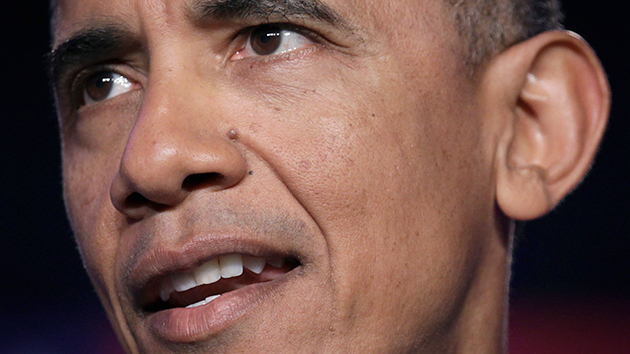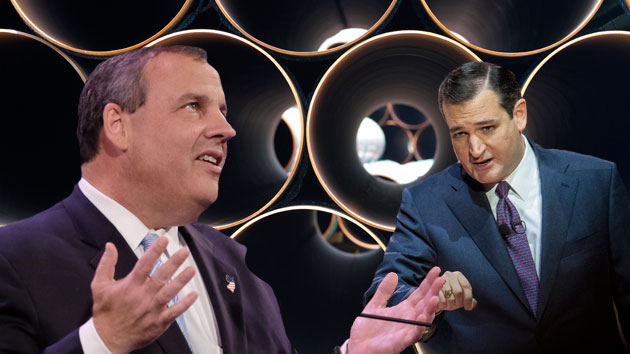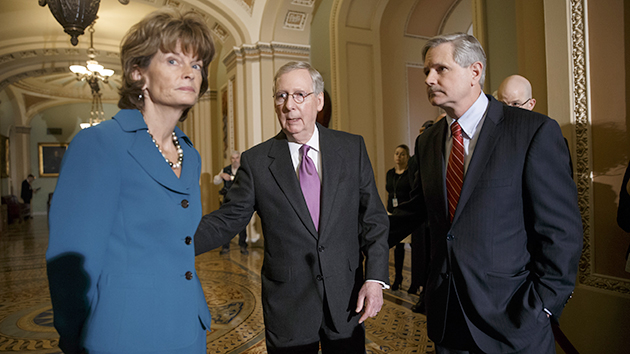
Alex Wong/ZUMA
Update—Weds, March 4, 2:50pm ET: The Senate vote to override President Obama’s veto has failed, falling four votes shy.
We knew this was coming: About a month after the Senate narrowly passed a bill to force President Barack Obama to approve the Keystone XL pipeline, the president vetoed the bill Tuesday afternoon, hours after the White House said he would do so “without drama or fanfare or delay.”
From the AP:
The contentious legislation arrived at the White House on Tuesday morning from Capitol Hill, where Republicans pushed the bill quickly through both chambers in their first burst of activity since taking full control of Congress….
The move sends the politically charged issue back to Congress, where Republicans have yet to show they can muster the two-thirds majority in both chambers needed to override Obama’s veto. Sen. John Hoeven, the bill’s chief GOP sponsor, said Republicans are about four votes short in the Senate and need about 11 more in the House.
The veto, which the White House has long promised on this or any other Keystone-approval bill, is the first one in the last five years. It essentially blocks what Republican leaders like Sen. Mitch McConnell (Ky.) have called a top priority of this congressional session.
Obama’s beef with the bill isn’t necessarily with the pipeline itself. Instead, the president wants the approval process to go through the State Department, which normally has jurisdiction over international infrastructure projects.
In his memo to the Senate, the president said: “Because this act of Congress conflicts with established executive branch procedures and cuts short thorough consideration of issues that could bear on our national interest—including our security, safety, and environment—it has earned my veto.”
The administration still hasn’t indicated whether it will approve the pipeline, even though there aren’t any more bureaucratic hurdles to clear. Early this month, the window for government agencies to weigh in closed. The most significant comment came from the Environmental Protection Agency, which said that if oil prices go much lower than they are, moving oil from Canada by truck or train could become too expensive. So a green-light for the pipeline would lead to greater greenhouse gas emissions than if it were not approved.
The final question now is whether the president agrees.
This post has been updated.

















